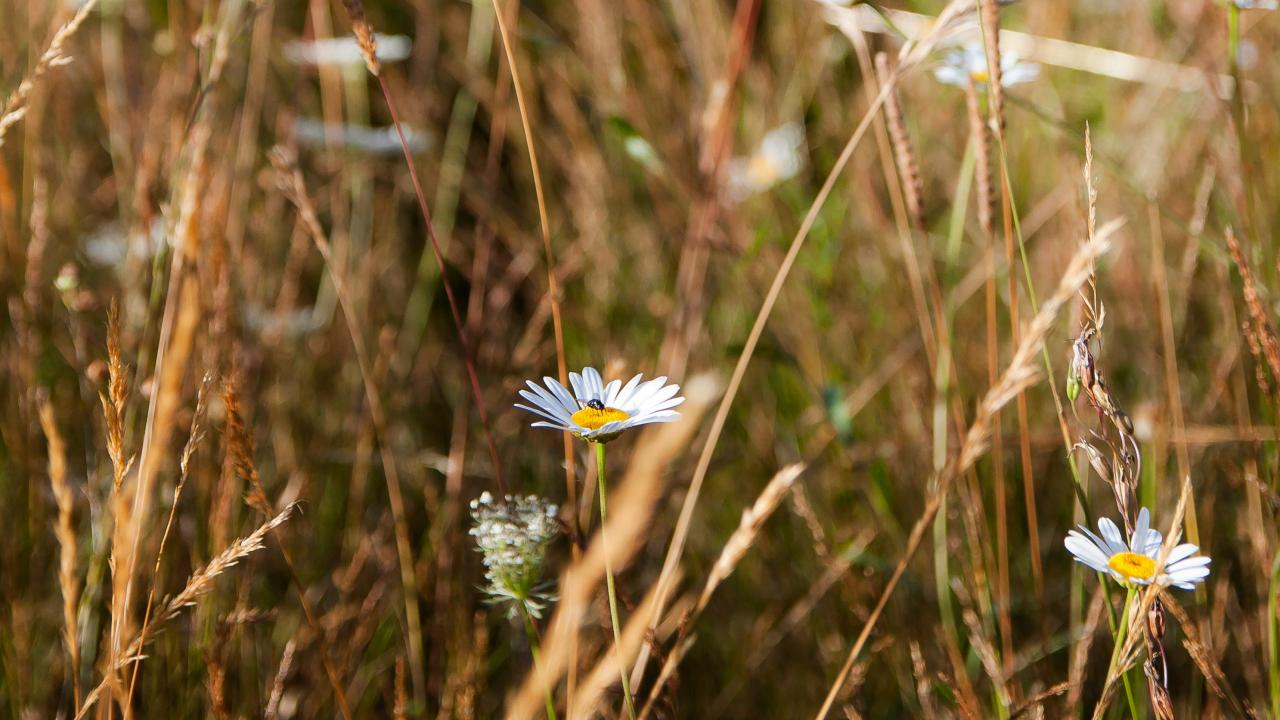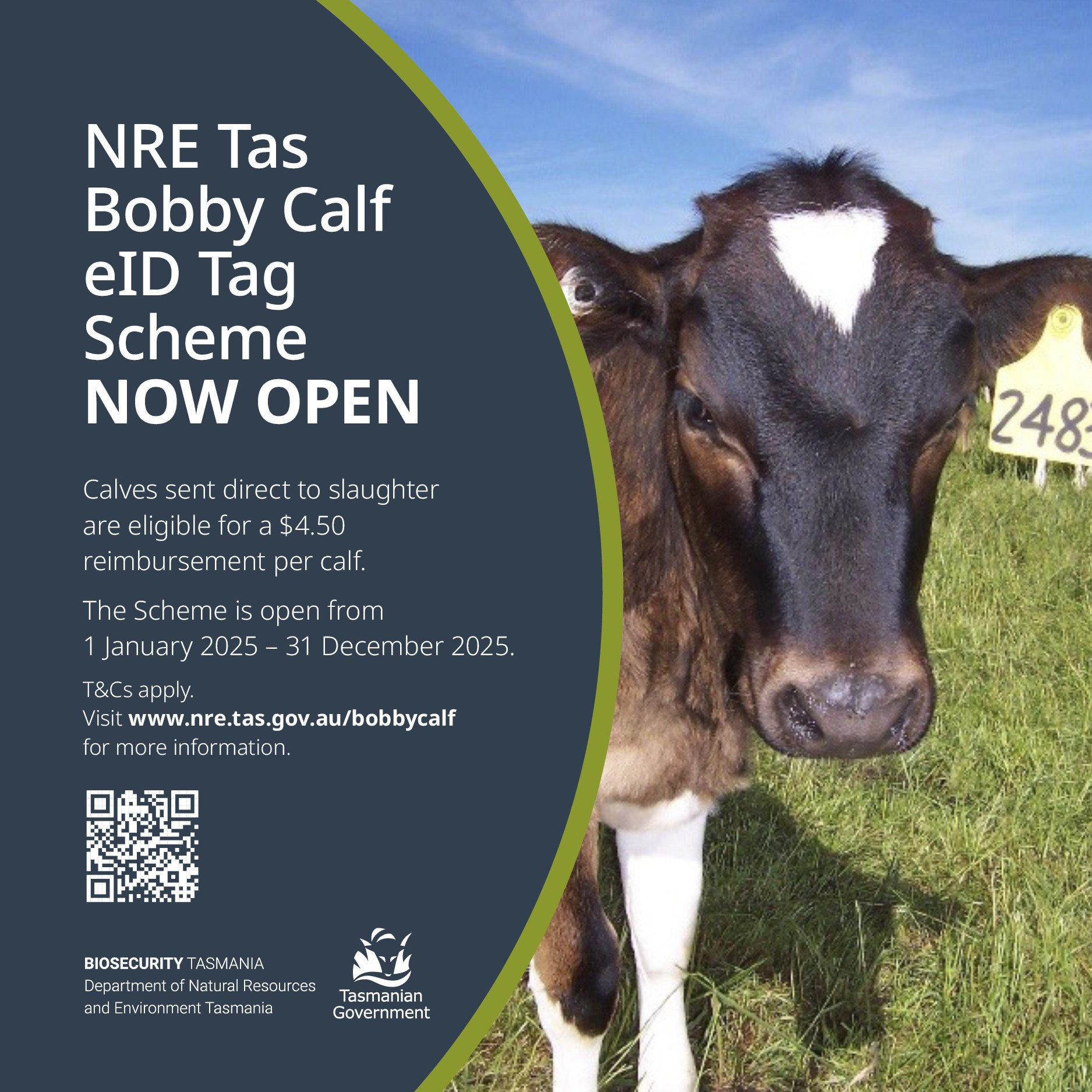Warning on plan to ban weed killers

TASMANIAN cropping producers could be hit hard if plans to restrict or ban the use of two major weed control chemicals go ahead.
The Australian Pesticides and Veterinary Medicines Authority is proposing to restrict the use of paraquat and diquat, the active ingredient in commonly used herbicides Reglone and Spayseed.
Many farmers use the chemicals as pre-emergent sprays for vegetables such as potatoes and peas and for desiccation before harvest for crops including poppies and clover seed.
Tasmanian farmers are being urged to voice their concerns about the proposed changes by lodging a submission with the APVMA before October 29.
Poppy Growers Tasmania chief executive Howard Nichol said poppy farmers would be hit hard if the proposed changes to the use of paraquat and diquat were adopted.
The proposal includes an upper rate limit for weed control and a total blanket ban on use in crop desiccation.
“Whilst it’s particularly relevant to poppy growers in the desiccation phase, it will also impact on peas, bean other pulses, potatoes and the pasture seed sector,” he said.
Mr Nichols said the proposed changes would have a major impact as growers would have to use other products that are expensive and not as effective.
The use of paraquat and diquat has been banned in about 70 countries due to concerns about possible health risks and links to Parkinsons disease.
Mr Nichol said the chemicals were usually only used in poppy crops after they were already dead to get rid of green weeds before harvest and they were not used on all poppy crops.
He said most of the research of the chemicals had been done in the northern hemisphere under different climatic conditions, flora and fauna.
Tasmanian Seed Industry Group president Rob Dent said diquat was commonly used by clover-seed producers to desiccate crops and get rid of weeds before harvest.
He said other methods such as windrowing would have an impact on crop yields. “There are some alternatives, but they aren’t as good,” he said.
“We would use diquat and go straight in with the header so it’s nice and gentle and you’re not disturbing the seed.”
Mr Dent said the TSIG would be putting in a submission to the APVMA outlining its concerns.
TasFarmers vegetable council chairman Nathan Richardson said the APVMA’s proposal would have a major impact on vegetable producers.
“It wouldn’t be so bad if they offered alternatives, but when it’s something that’s critical like this one it should be phased in maybe over a decade to give people time to adjust,” he said.
“I don’t think anyone enjoys using chemicals, but they are part of what we do.”
Mr Richardson said the chemicals were generally used as a pre-emergent treatment for crops like peas and potatoes and sometimes used a desiccant.
Mr Richardson said the chemicals were not used every day, but they were an essential part of growers’ tool kits to deal with specific issues.
He said the APVMA needed to expand the timeline before introducing any changes and properly consult with industry. Mr Nichol said the poppy growers’ body would be urging the APVMA to review and revise its recommendations on the chemicals.




Add new comment